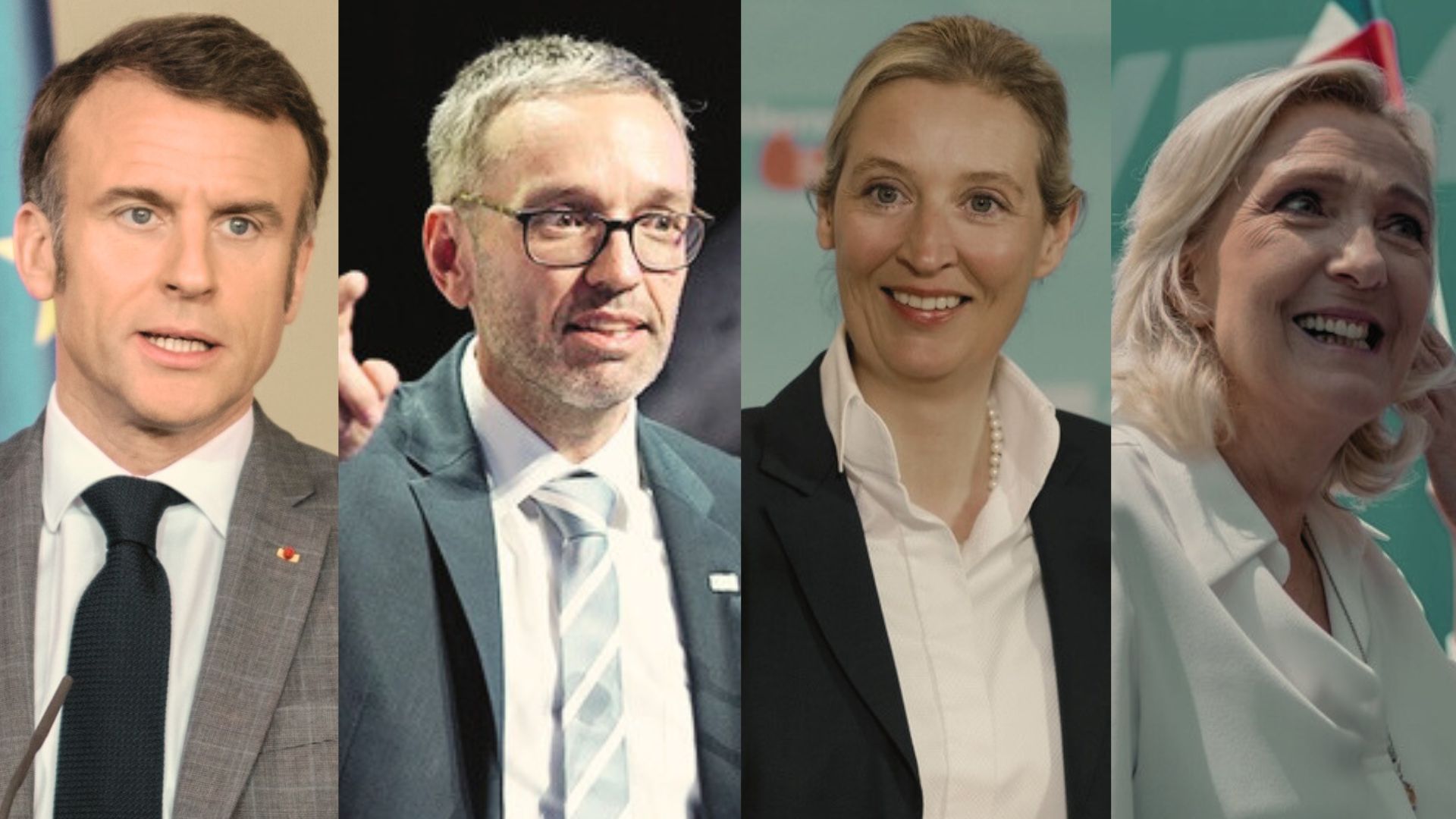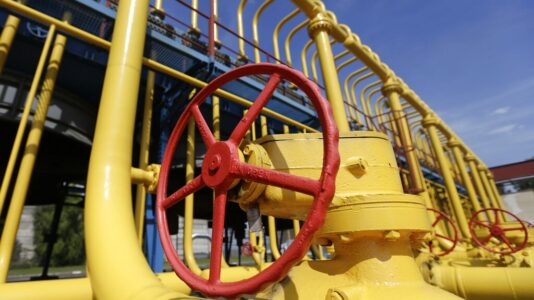Perhaps the biggest news following European Parliament elections were the results from France, which saw France’s National Rally storm into first place with 31 percent of the vote, soundly defeating French President Emmanuel Macron’s party, which scored below 14 percent.
Macron has since announced that he will dissolve parliament and call new elections due to the catastrophic result. Le Pen responded to the shock news with a message that her party would win the upcoming elections.
“The President of the Republic has just announced the dissolution of the National Assembly in a few weeks. We are ready for it. I call on the French to come and join us to form a majority around the RN in the service of the only cause that guides our steps: France,” she wrote on X.
The National Rally’s strong showing was evident across the country, with an election map highlighting where her party came in first place.
The first round of France’s parliamentary election will take place on June 30 and a second round is scheduled for July 7.
Austria
The right-wing Freedom Party of Austria (FPÖ) also made history, scoring its first national election victory ever, with exit polls predicting the right-wing populists have stormed to first place in Sunday’s European elections, scoring over 26 percent of the vote.
The leader of the party, Herbert Kickl, speaking at a victory party following the celebration, said: “We are humbled and grateful for the great trust that was placed in us freedom people during the EU elections today, Sunday. This election result means nothing less than that the Austrians have made history today. Because this strong vote for us freedom people with Harald Vilimsky and his team was only possible in solidarity with the population,”
“Every vote for the FPÖ is a vote for strengthening the nation states,” said deputy state chairman Manfred Haimbuchner, “The FPÖ stands for a Europe “of self-determined fatherlands. Together, we now have to set the course so that the EU can return to a policy that does justice to the needs and realities of people’s lives.”
Germany
While Germany’s Alternative for Germany (AfD) had a weaker result than the FPÖ, the AfD still managed to become the second-largest party in Germany with at least 16 percent of the vote.
The party outperformed in the east of Germany, where it is now the most popular party. It also made significant in-roads with the youth vote, where it is now tied for first place among those 24 and under with the Christian Democrats (CDU), with both parties claiming 17 percent each of this youth voting bloc.
The lead candidate, MEP Maximilian Krah, took to X to celebrate the AfD’s election result, writing: I am deeply grateful to all voters and supporters. Second-strongest force in Germany, the strongest force in the East, and the best AfD result ever – wonderful! But I am most pleased with the result among young voters: plus 12 percent overall strongest force among the under-24s – that’s where I wanted to be; and it’s only the beginning. Despite all the smear campaigns, we have opened up completely new possibilities for patriotic politics.”
The AfD faced a withering campaign before the EU elections, which saw its support fall from over 20 percent just months ago. In addition, a number of right-wing parties betrayed the AfD, notably Le Pen’s National Rally, which orchestrated an effort to kick the AfD out of Identity and Democracy (ID) shortly before elections took place.





